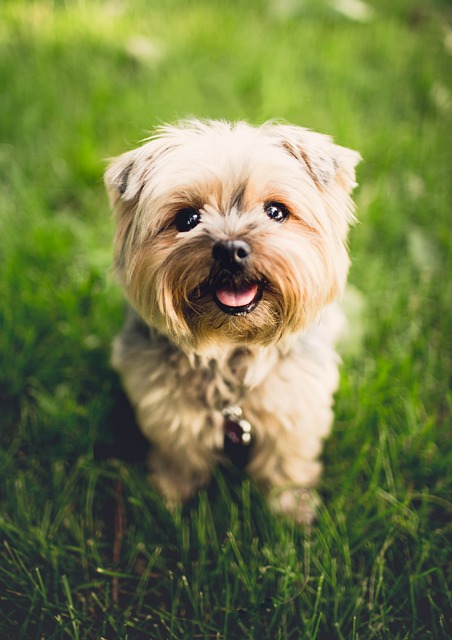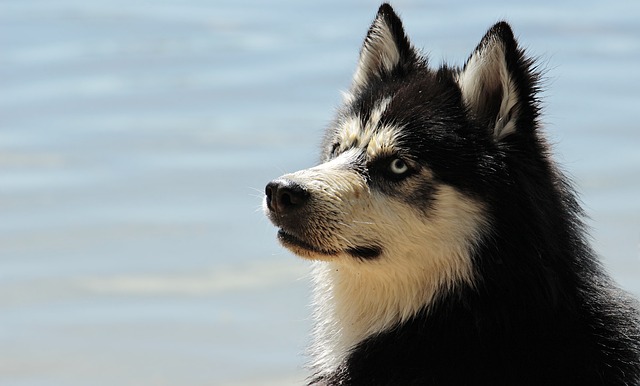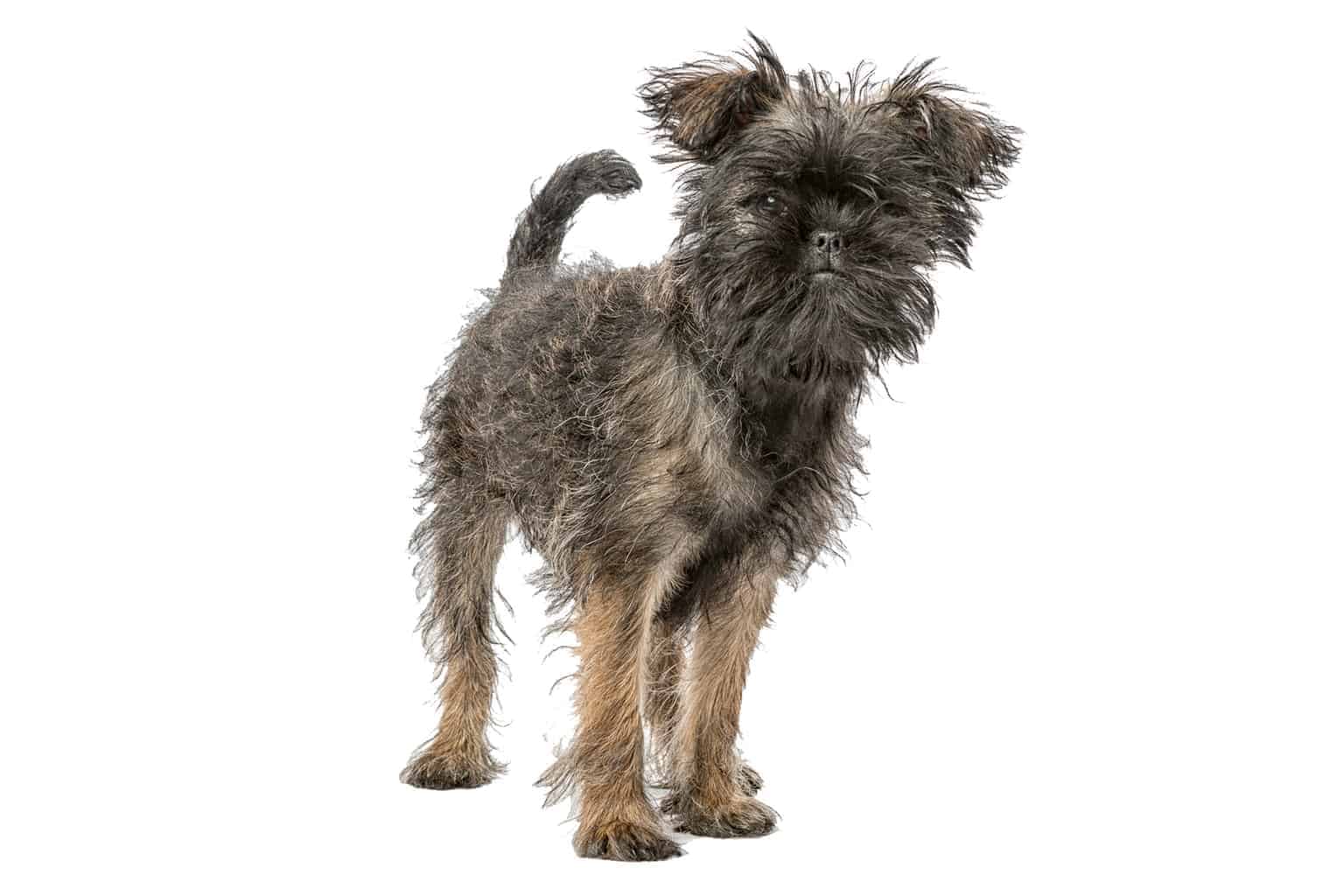
The English Mastiff can be described as a large, English-bred dog breed. It's likely that it was an old dog breed called the Alaunt or Pugnaces Britanniae. In the nineteenth century, it was influenced heavily by the Alpine Mastiff. This breed is very protective and stubborn and has a tendency towards digging and drooling.
Drool abounds
Mastiffs' tendency to drool vary from breed to breed. There are some breeds that are known for being dry-mouthed, while others are more prone to drooling. This makes it important to choose the right breed. Below is a chart that compares different types of mastiffs, and how likely they are to drool. The American Kennel Club provided the information for this chart.
Larger dogs with flat faces and lips are more likely to drool than other breeds. This happens because of an excess amount saliva in the cheeks pouches. It is released when the dog shakes its head. An excessive amount of drooling could be a sign that there are dental problems or cancers in the mouth.
It can also indicate anxiety and pain. When stressed or anxious, dogs tend to drool even more. This is a subtle signal that your dog is in pain. Hypersalivation and ptyalism are two terms for dog drooling. You can have this behavior for many reasons, but most commonly it is due to dental disease.
Tendency not to Dig

Mastiffs have a natural instinct to dig, especially when they're out in the yard. This instinct helps them mark their territory. They can weigh up to 230 pounds, so they're quite large and need a large yard. If you don’t own a large yard, your Mastiff may have to be accommodated in your lawn.
Digging is a fundamental instinct in many dogs. This behavior has been bred into some breeds. Northern breeds like to dig in colder conditions to keep warm. Some breeds dig in cold weather to stay warm, while others use it as a hobby when they feel bored.
It's crucial to monitor your Mastiffs digging habits. If your Mastiff attempts to dig in other areas, it is crucial to ensure that he does not. Your Mastiff should be reprimanded when he digs. However, you should praise him for digging in the correct area.
Tendency to Be Protective
Mastiffs love people and are loyal, loving dogs. While they're friendly, Mastiffs are stubborn and need consistent positive training to prevent undesirable behaviors. It's important to socialise your Mastiff from a young age and encourage positive interactions with other dogs and people. This will prevent aggression later on in life.
Mastiffs have a friendly nature and often get along well with children. Mastiffs can also be very large, and can cause children to lose their balance. It's vital to socialize your dog early because they are large and strong. Although they are gentle with children, do not allow them to climb on your dog. Children should always be supervised while around a Mastiff.

Mastiffs are large and strong dogs, but they're also very loving and tolerant. Although Mastiffs are a bit stubborn and may slobber, they're not aggressive and will be protective. They are good companions for families due to their physical structure and temperament.
Tendency for being stubborn
Mastiffs are a powerful breed, but they can be stubborn and difficult pets. Although this breed is gentle and affectionate, stubbornness can make it difficult to train. Mastiffs, despite their stubbornness, are not destructive dogs. Instead, it is a dog that prefers to do what it thinks is best. The Mastiff's stubborn nature is a useful trait for protecting the family. If the family is in danger, the Mastiff will help them by protecting them.
To help Mastiffs develop a good temperament, they need to be socialized young in their lives. This will help them be more protective. They will learn how to distinguish between friend and foe by using the right body language. They will also know how to tell when someone is acting disrespectfully, as well as the sounds and movements of children.
A Mastiff is a member of a family. They shouldn't be left unattended outside. If they are left outside, they may feel bored or sad. It is best to spend time with them.
FAQ
How much money should I spend on a pet?
Budget between $200-$300 per calendar month.
It all depends on where you are located. For example, in New York City, you'd probably spend about $350 per month.
In rural areas you may only have to spend around $100 per monthly.
It's important to remember that you should buy quality items such as a collar, leash, toys, etc.
A crate is a great investment for your pet. This will ensure your pet is safe while being transported.
What are some signs that my dog might be sick?
Several symptoms indicate your dog is sick. These symptoms include:
-
Vomiting
-
Diarrhea
-
Lethargy
-
Fever
-
Weight loss
-
Appetite decrease
-
Coughing
-
Difficulty with breathing
-
Bleeding from your nose
-
Urine or stool contaminated with blood
These are just a few examples. Your vet will tell you what to be on the lookout for.
How do I find out if my dog has fleas
There are fleas that can cause your pet to scratch at its hair, lick itself too often, or look dull and untidy.
Flea infestation could also be indicated by redness or scaly skin.
It is important to take your pet immediately to a veterinarian for treatment.
What is pet assurance?
Pet Insurance provides financial protection when your pet is injured or becomes sick. It also covers routine vet care such as vaccinations and spaying/neutering.
Additional benefits include emergency treatment in the event your pet becomes ill or is involved in an accident.
There are two types if pet insurance:
-
Catastrophic - This type of insurance pays for medical expenses if your cat suffers serious injuries.
-
Non-catastrophic: This covers routine vet costs such as microchips and spays/neuters.
Many companies offer both catastrophic as well as non-catastrophic coverage. Others may offer one or both.
To cover these costs, you will have to pay a monthly fee. The amount of your pet's care depends on what you spend.
The price of insurance depends on which company you choose. Make sure to shop around before you buy.
There are discounts offered by some companies if you buy more than one policy.
You can transfer an existing pet insurance plan from another company to a new one.
If you choose not to purchase any pet insurance, you will need to make all payments yourself.
There are still ways you can save money. Ask your veterinarian for discounts.
You may be disregarded by your pet if he sees you frequently.
You can also find local shelters where you can adopt a pet, rather than paying for one.
Remember, no matter what kind of insurance you buy, you must read the fine print carefully.
This will give you an accurate estimate of the value of your coverage. If you don’t understand something, contact an insurer immediately.
How often should I brush my dog?
It is essential to groom your dog. Grooming your dog helps to maintain his coat, and it keeps him clean.
Dogs should be brushed twice per week. Brush your dog after every meal.
You can remove dirt and hair from your dog's fur by brushing. Brushing his teeth will help him look healthier.
It is important to brush his ears in order to prevent ear infection.
What is the best pet?
The best pet is the one you love. There is no correct answer. Each person will have his or her own opinion on which pet is best.
Some people believe that cats are better than dogs. Others believe dogs are more loyal, loving, and affectionate. Others still believe that birds are the best choice for a pet.
No matter which type of pet you decide on, you have to choose what type of personality you want.
If you are outgoing and friendly, a dog may be right for you. A cat or dog would be the best for you, if you are shy and reserved.
Also, think about the size of your house and apartment. A smaller apartment will mean that your pet will require a smaller size. On the other hand, a large house means that you'll need more space.
Don't forget to give your pet lots of love and attention. Pets need to be fed frequently. They should be taken on walks. They must be brushed regularly.
These are the things that will help you choose the right pet for you.
Statistics
- Here's a sobering reality: when you add up vaccinations, health exams, heartworm medications, litter, collars and leashes, food, and grooming, you can expect a bill of at least $1,000 a year, according to SSPCA. (bustle.com)
- For example, if your policy has a 90% reimbursement rate and you've already met your deductible, your insurer would pay you 90% of the amount you paid the vet, as long as you're still below the coverage limits of your policy. (usnews.com)
- * Monthly costs are for a 1-year-old female mixed-breed dog and a male domestic shorthair cat less than a year old, respectively, in excellent health residing in Texas, with a $500 annual deductible, $5,000 annual benefit limit, and 90% reimbursement rate. (usnews.com)
- Pet insurance helps pay for your pet's medical care, with many policies covering up to 90 percent of your vet bills. (money.com)
- A 5% affiliation discount may apply to individuals who belong to select military, law enforcement, and service animal training organizations that have a relationship with Nationwide. (usnews.com)
External Links
How To
How to train a pet dog
A pet dog is an animal companion that provides emotional support and companionship to its owner. It can protect against predators and other animals.
Dog owners should train their pet to be able to retrieve items, guard against intruders and obey orders.
The training period usually lasts between six months and two years. During this time, the owner teaches the dog basic obedience skills, including how to sit, lie down, stay, come when called, walk on command, and roll over. The dog's owner will also teach it basic commands verbally and how to deal with its natural instincts.
Apart from teaching the basic behaviors to the dog, the owner should teach it to not bite other animals or people and to be respectful of strangers.